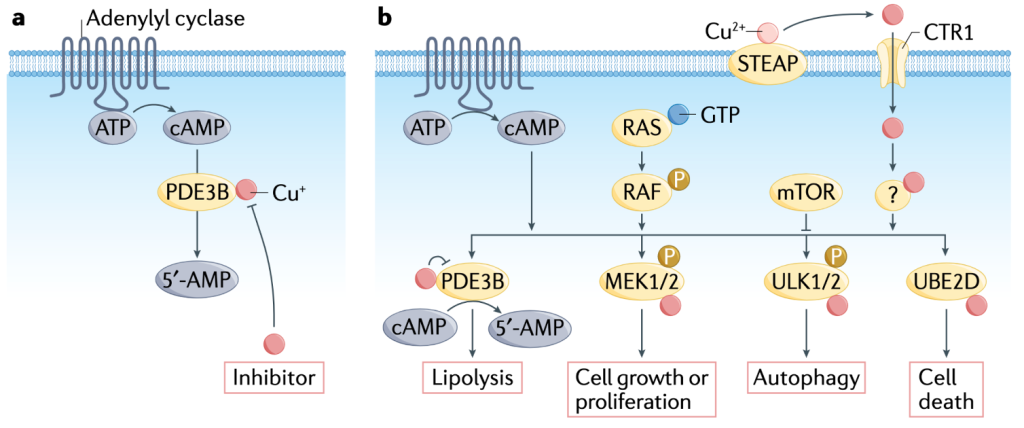Copper is a nutrient essential for life. Maintenance of copper balance within cells is key to preserving healthy biological function, with dysregulation of metal-related pathways leading to the development of disease states such as cancer and neurodegeneration.
The Ge Group studies how the proteins in our cells acquire, use, and transport metal ions including copper, and how chemical modifications of these proteins affect their structure and function. Undergraduate summer researchers will contribute to the semi-synthesis of modified copper-binding proteins by performing peptide synthesis, protein expression, and peptide/protein purification.
Research Mentor
Dr. Eva Ge (CHEM)
Anticipated student learning outcomes:
Technical skills and research experience: Students will gain hands-on experience with Fmoc-solid phase peptide synthesis, sterile technique, bacterial culture, protein expression and purification, as well as basic lab tasks such as preparing media and buffers. Professional skills: Students will also participate in lab meetings to discuss both literature and research topics to gain a better understanding of the process of scientific research.

